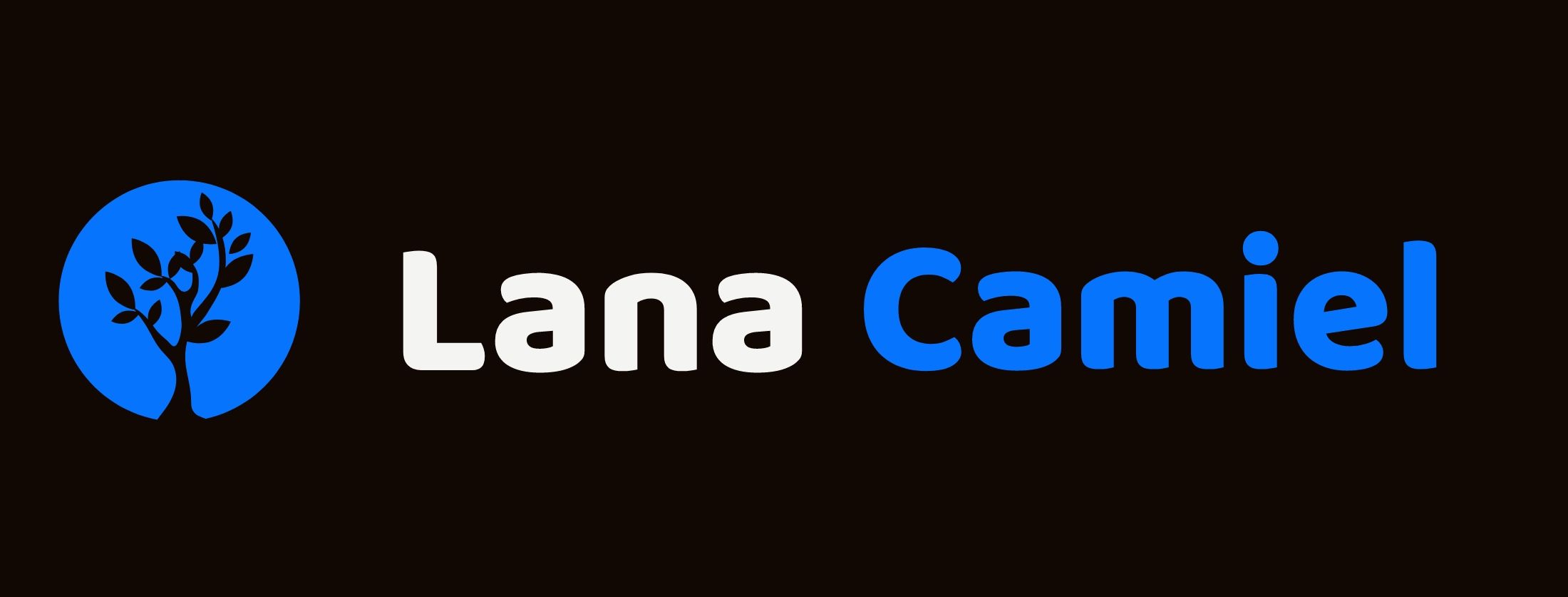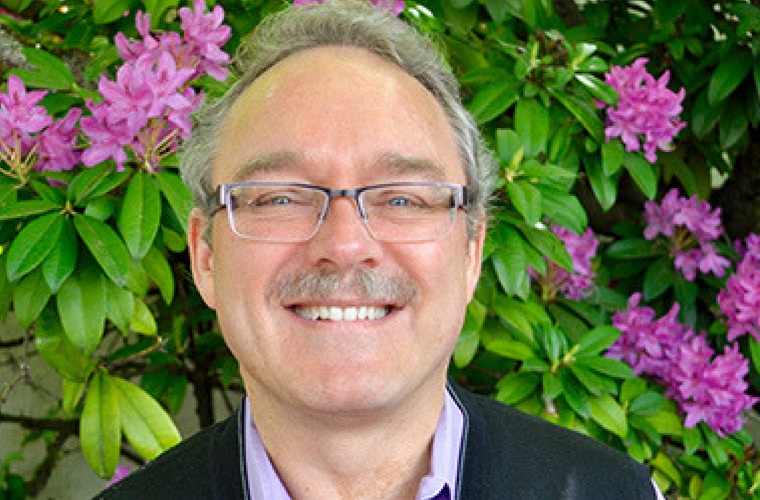Are you ever concerned about the safety of herbal and dietary supplements you take? Are you aware of clinical or theoretical interactions these substances might have with foods, supplements and medications?
This weekend I’m teaching a workshop on Herbal Safety and Interactions. Nothing could’ve prepared me better for this class than speaking with my today’s guest.
His name is Mitchell Bebel Stargrove, ND, LAc. Dr. Stargrove is licensed as an acupuncturist and a naturopathic physician in Oregon. His clinical practice is with his wife, Dr. Lori Beth Stargrove, at the WellSpring of Natural Health in Beaverton.
For the past 30 years Dr. Stargrove has taught History of Medicine at his alma mater, Oregon College of Oriental Medicine. He is a Senior Fellow of the Center of Excellence in Generative Medicine, University of Bridgeport, Bridgeport, CT.
Dr. Stargrove is the editor and co-author of Herb, Nutrient, and Drug Interactions: Clinical Implications and Therapeutic Strategies. He is also Editor-in-Chief of InteractionsGuide, and electronic version of the database created based on his highly respected interactions book.
Dr. Stargrove coordinated development of, and compiled the acupuncture section for, the Integrative BodyMind Information System (IBIS). IBIS is the pioneering multidisciplinary electronic encyclopedia for practitioners of integrative medicine and natural therapeutics.
By the end of this episode, you’ll discover how to think about the questions of herbal and supplement safety and learn where to find answers for your questions.
Topics:
- Dr. Stargrove’s journey to becoming an acupuncturist and a naturopathic doctor
- How the love for history and government inspired Mitchell’s involvement in the Foundations of Naturopathic Medicine project
- The connection between Mitchell’s practice and his large projects - Integrative MindBody Interactive System and Herb, Nutrient, and Drug Interactions: Clinical Implications and Therapeutic Strategies
- Why being a historian and a clinician are 2 most useful elements in evaluating herbal interactions – Mitchell’s approach to understanding clinical relevance of interactions
- What to do when you realize that 80% of interaction literature might not be relevant to you
- A single biggest variable in interactions cases and how to approach many levels of interaction
- Dr. Stargrove’s favorite resources available to you
Let me send you a gift!
Please enter your name and email below and I’ll send you my guide of web resources for interactions and quality.
Web resources:
- Dr. Stargrove’s websites MedicineWorks (InteractionsGuide is found here), Integrative BodyMind Interactive System/IBIS
- Dr. Stargrove’s clinic A Wellspring of Natural Health
- His Facebook groups for healthcare practitioners VitaList and for the public Cascadians for Healthy Culture and Natural Medicine
- Foundations of Naturopathic Medicine Project
- John Uri Lloyd
Books:
Herb, Nutrient and Drug Interactions: Clinical Implications and Therapeutic Strategies
Brought to you by:
This episode is brought to you by Herbstalk.
Herbstalk is a grassroots, Boston-area herbal event and organization.
Herbstalk hosts classes on herbal and holistic health topics, offers urban plant walks, and brings together herbal crafters & artisans from across New England and beyond. The focus of the organization is on community. As a mission-driven organization Herbstalk’s goals are to:
- offer accessible & high-quality educational opportunities
- provide a platform that highlights the work of local and emerging herbalists
- connect, strengthen & beautify our local communities
- facilitate a direct relationship to plants and the natural world
This year’s main event is on June 2nd and 3rd in Somerville, Massachusetts.
Thank you for listening!
Right click here and save as to download this episode to your computer.



